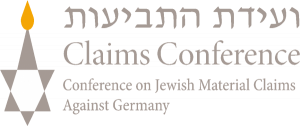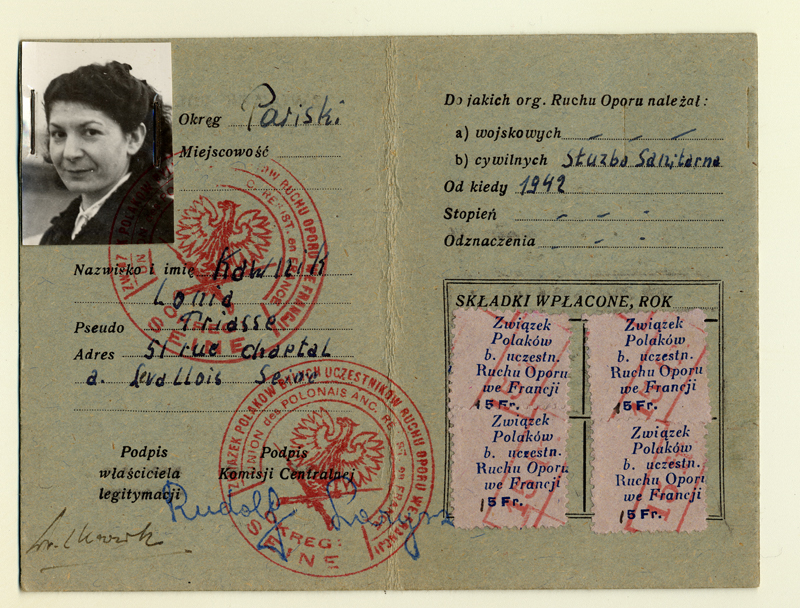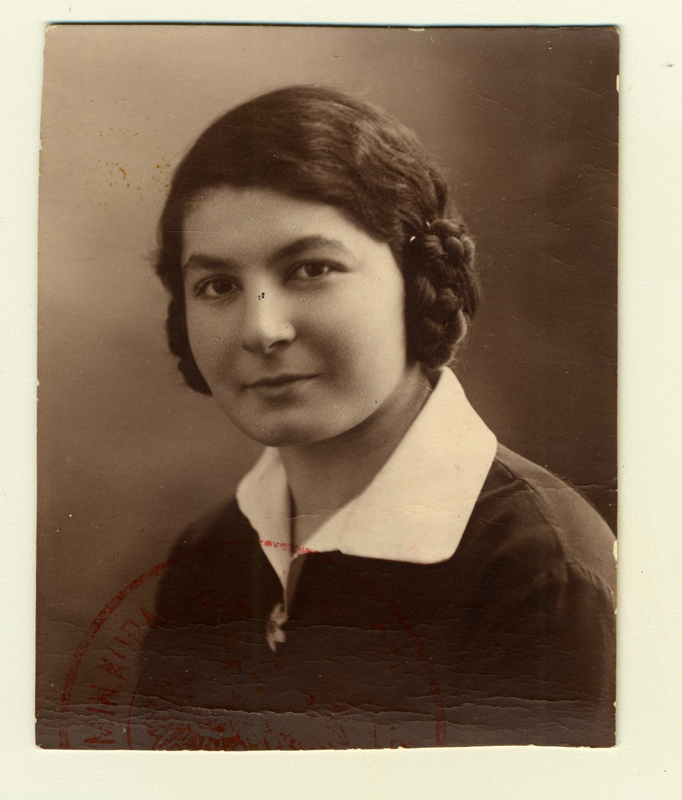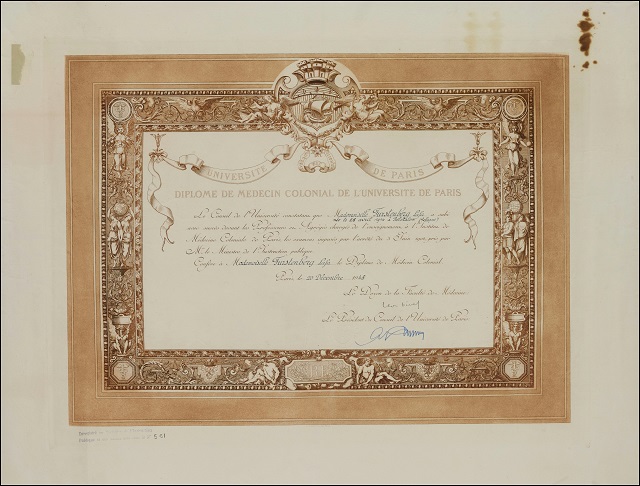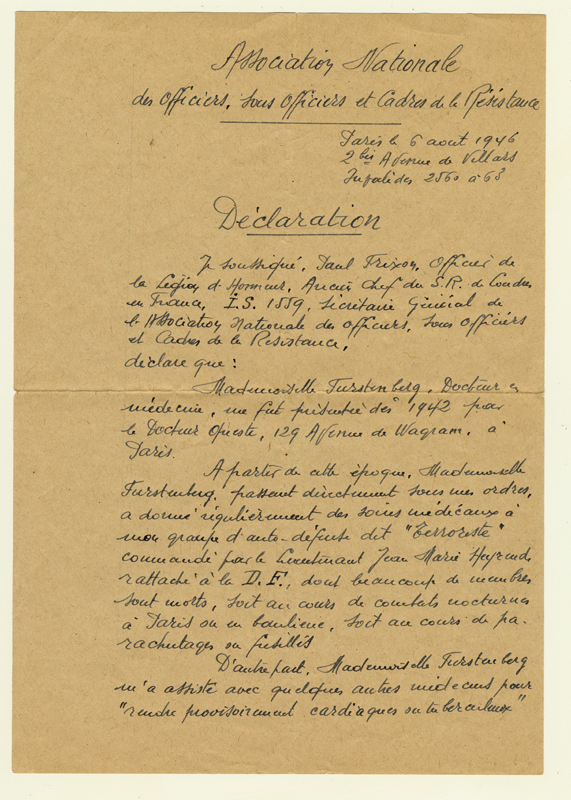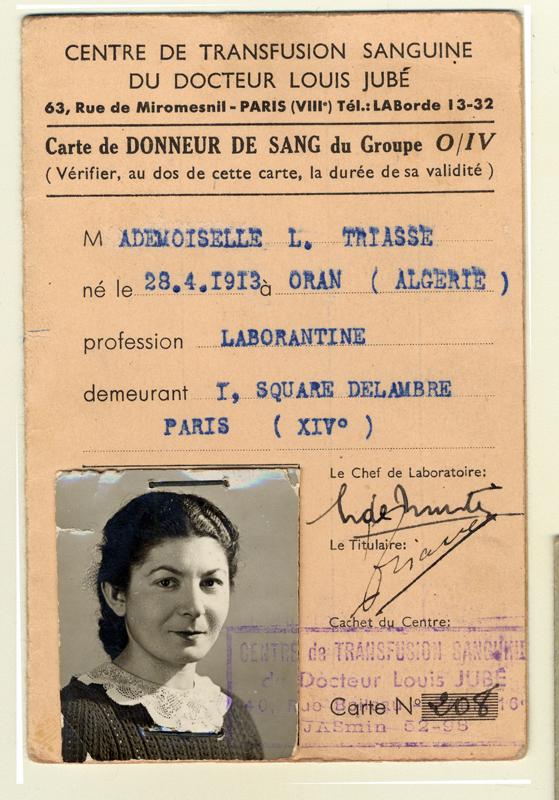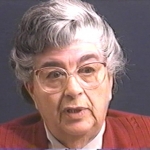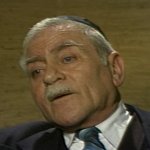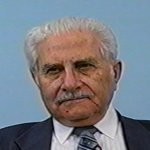Lonia Furstenberg (born Laja Fersztenberg) was among the Jewish women who joined the French Resistance during the Second World War. Born in Poland between 1911 and 1914, she moved to France to study medicine. It was in Paris that she acquired a false identity card under the pseudonym Louise Triasse, used to conceal her Jewish identity and to protect herself from the Vichy and the German Occupation.
Education in France
As early as 1923, several Polish universities, particularly the law and medicine faculties, began to impose unofficial numerus clausus, limiting the number of Jewish students newly admitted. These discriminatory measures also affected Jewish female applicants, who were already at a disadvantage due to their gender. Only a tiny proportion of them could be accepted, making it extremely difficult for Lonia to pursue her studies. At 16, she left Poland for France, where she had a better chance to begin her academic career. From then on, she lived in Nancy, then Reims, before settling in Paris. In Paris, she learned French by working as a laboratory assistant. When she entered the Faculty of Medicine, she took courses in all specialties except military medicine. In following years, Lonia deepened her knowledge and obtained her Diplôme Colonial from the University of Paris on December 20, 1945.
Contributions to the Resistance
Lonia managed to pass as a non-Jewish French citizen during the war by obtaining false identity papers. Under the pseudonym Louise Triasse, she was supposedly born in Oran, Algeria. In 1943 and 1944, she became a doctor for the Resistance and began caring for wounded resistance fighters requisitioned by the German army. She also started falsely diagnosing diseases and providing certificates to young men, prisoners, and internees so they could be exempted from Nazi Germany’s Service du Travail Obligatoire (STO). She also issued certificates of good health to sex workers carrying venereal diseases who wanted to infect German soldiers.
During the Second World War, the members of Lonia’s family who remained in Poland were all deported and murdered. Lonia’s actions, which were not without danger, bear witness to her many acts of resistance as a Jewish woman during this period. After the war, Lonia Furstenberg became one of the first women to own her own medical laboratory.
This project is part of a grant from the Claims Conference.
